Earth

Educators and Parents, Sign Up for The Cheat Sheet
Weekly updates to help you use Science News Explores in the learning environment
Thank you for signing up!
There was a problem signing you up.
-
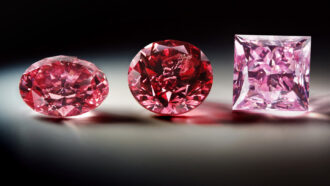 Earth
EarthTo get diamonds perfect for Barbie, make and break a supercontinent
Most pink diamonds may have formed billions of years ago during the tectonics that led to formation and breakup of Nuna, Earth’s first supercontinent.
By Nikk Ogasa -
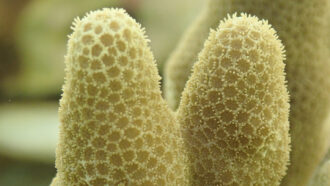 Animals
AnimalsAdult corals have been frozen and revived for the first time
Living corals could be frozen for safekeeping. Scientists could later revive them to restore reef ecosystems that are withering in warming seas.
By Nikk Ogasa -
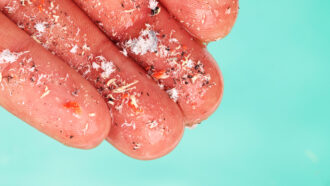 Environment
EnvironmentUltrasound waves can help remove polluting microplastics in water
The innovative process concentrates microplastics within a flowing liquid. A two-step process then removes the potentially toxic bits.
-
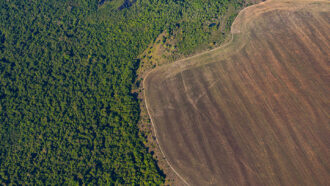 Ecosystems
EcosystemsThe Amazon is in trouble. Here’s why — and why it matters
Challenges from human-caused climate change, deforestation and degradation leave the fate of this vast forest uncertain.
By Nikk Ogasa -
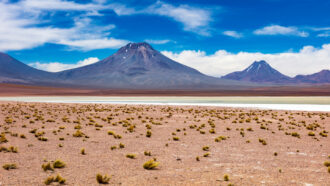 Earth
EarthThe sun shines brightest in South America’s Atacama Desert
Solar rays in this high-altitude desert at times rival the light intensity on Venus.
-
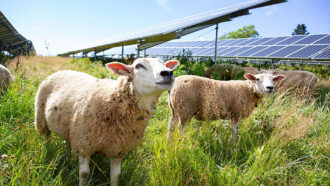 Tech
TechWith tech, farms can double up to produce both food and power
Agrivoltaics merges agriculture with photovoltaic panels, which generate electricity from sunlight. The combo produces clean energy and edible crops.
-
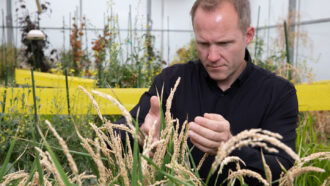 Agriculture
AgricultureCrops are being engineered to thrive in our changing climate
Plants are already the best carbon catchers on Earth. New research could make them even better.
-
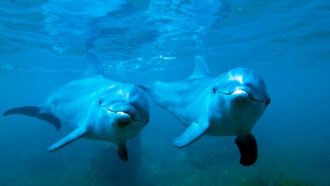 Animals
AnimalsToothed whales use their noses to whistle and click
Much as people do, toothed whales, such as dolphins and sperm whales, make noises in three different vocal registers.
-
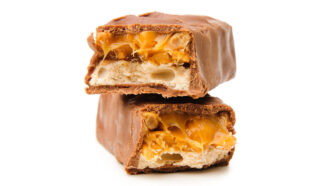 Earth
EarthTake candy core samples with this science activity
Act like a geologist as you drill ‘core samples’ from candy bars using a straw. Can you identify the type of candy bar just from a sample?
-
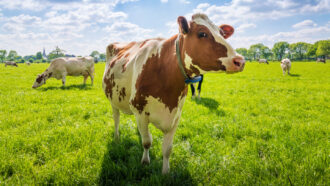 Agriculture
AgricultureCow dung spews a climate-warming gas. Adding algae could limit that
But how useful this is depends on whether cows eat the red algae, a type of seaweed — or it gets added to their wastes after they’re pooped out.
-
 Climate
ClimateLet’s learn about why summer 2023 was so hot
Human-caused climate change has played a big role in this summer’s historic heat.
By Nikk Ogasa -
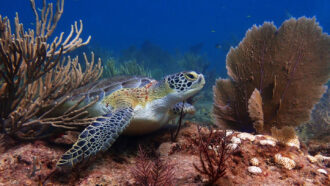 Oceans
OceansSummer 2023 is when the ocean first turned ‘hot tub’ hot
Unfortunately, scientists worry that this atypical sea warming may actually be the beginning of an unwelcome new ‘normal.’